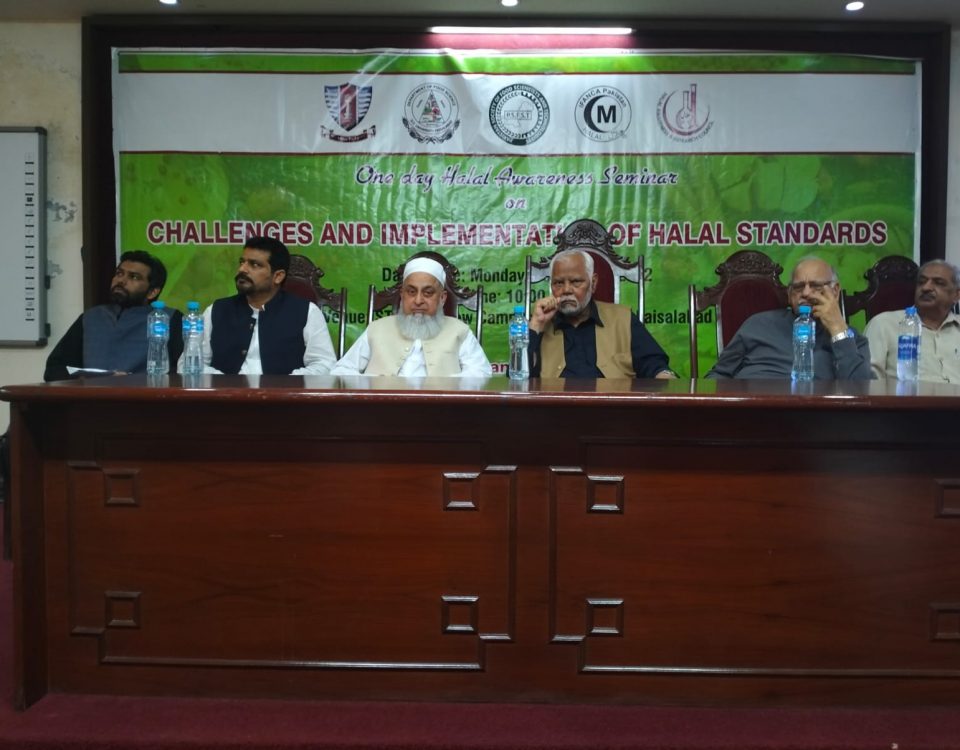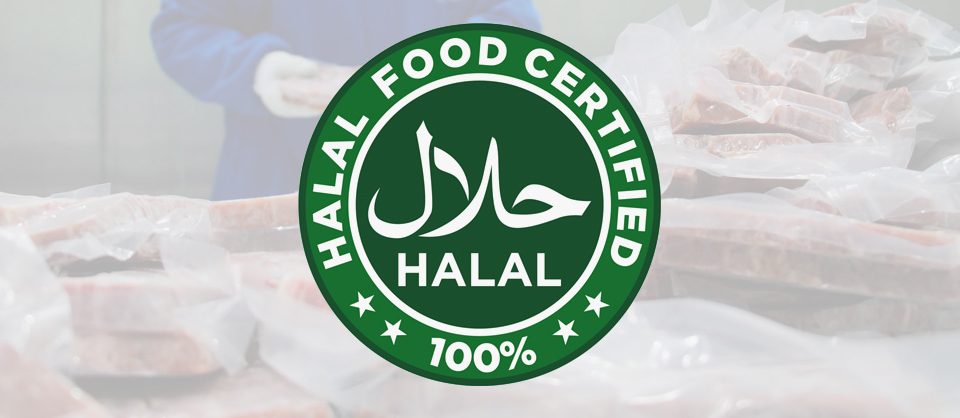Halal Certification Requirements in Pakistan

Halal Certification in Pakistan
September 1, 2022
Halal Food Certification In Pakistan
September 1, 2022Halal Certification Requirements in Pakistan
The principles of Islam should be adhered to in a severe way throughout the whole of the process of preparing, processing, packing, transporting, and storing any and all products. This includes but is not limited to food preparation, processing, packaging, and travel. In order to adhere to the requirements that Islam places on one’s diet, one’s food cannot include any ingredients or components that are prohibited, such as pork, blood, alcoholic beverages, or any other kind of intoxicants. The TUV Austria Bureau of Inspection and Certification is the organisation that is responsible for delivering expert food auditors. Audits of food products are required to be carried out in a manner that is in compliance with Islamic law. Audits like this one guarantee that all standards governing the cleanliness and safety of food are followed to in the most stringent way possible. These regulations ensure that food is safe to eat.
- Application
Companies who have an interest in becoming Halal-Certified are needed to submit an application to one of the applicable certification authorities in their specific sector. These authorities are responsible for determining which certification standards apply to certain industries. In order to get the certification, this is a prerequisite that must be met. At this level, the industry must be aware of the requirements for Halal Certification and ensure that it complies with the standards for Halal, as well as the requirements for systems, and the requirements for personnel. Additionally, the industry must be aware of the requirements for Halal Certification and the requirements for Halal Certification. In addition, those working in the sector need to be familiar with the requirements for Halal Certification. In addition to this, the industry is required to ensure that it fulfils all of the requirements for both its employees and its systems. This obligation applies to both of these aspects of the industry.
- Audit
After the information that was supplied on the application has been confirmed and after the auditors have validated the information themselves, the business will be audited. The following considerations will be taken into account by the auditors in order to decide whether or not a particular product meets the requirements for Halal Certification.
- Documentation.
- The final touches, which include processing, handling, and delivery of the product.
- To be inclusive, it’s not enough to simply put food out for guests to eat; you also need to display the items for them to peruse.
- Sanitation, hygienic conditions, and the safeguarding of food are all very important issues.
- Those aspects of the premises that are of the highest significance to be considered at this point.
- Instruments, machinery, and several other types of equipment that are mechanical in their nature are examples of this type of equipment.
- Packaging and labelling.
- Certification
After the Halal audit has been completed, a Technical Committee will analyse the paperwork in addition to the audit report that was supplied by the Auditors. This will take place after the end of the audit. After the conclusion of the Halal certification process, this activity will take place. The Halal Certification authority will decide whether or not to grant the Halal Certificate depending on whether or not the audit report has been found to be acceptable and whether or not it has been decided that the company in question or the items in question meet the requirements for Halal certification. If it has been decided that the company in question or the items in question do meet the requirements for Halal certification, then the Halal Certification authority will decide whether or not to grant the Halal Certificate. After determining whether or not the audit report meets the necessary standards, the body in charge of halal certification will subsequently determine whether or not to provide the halal certificate.





